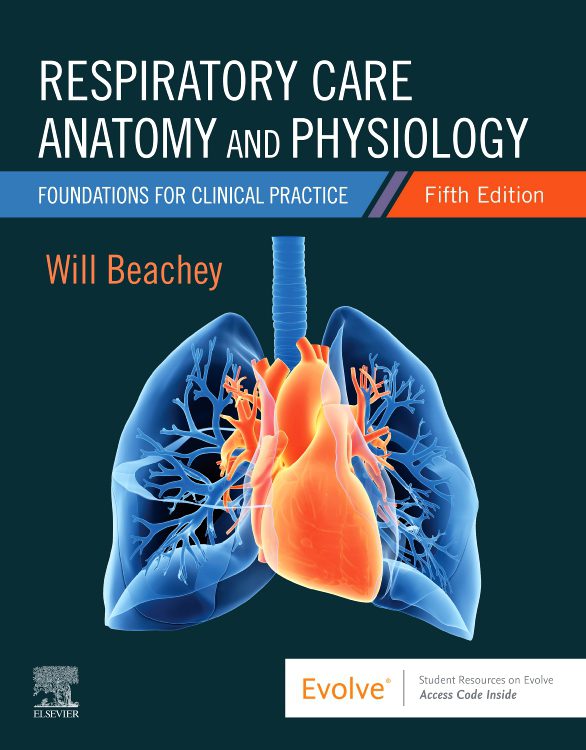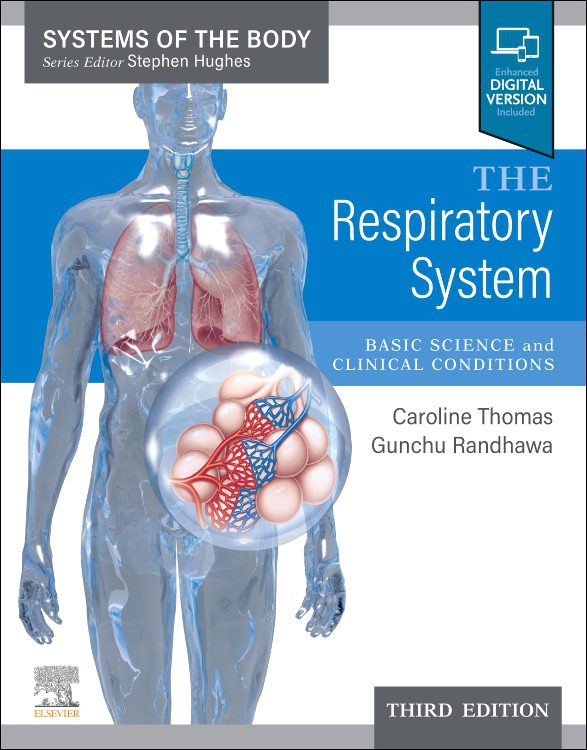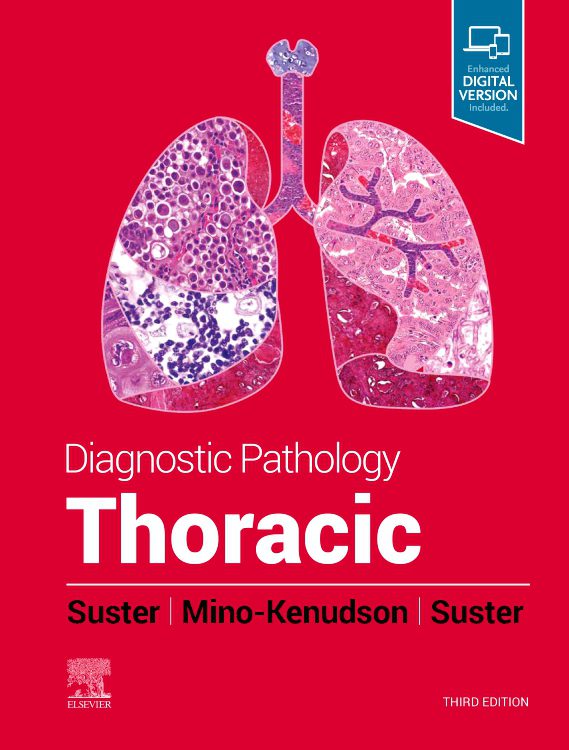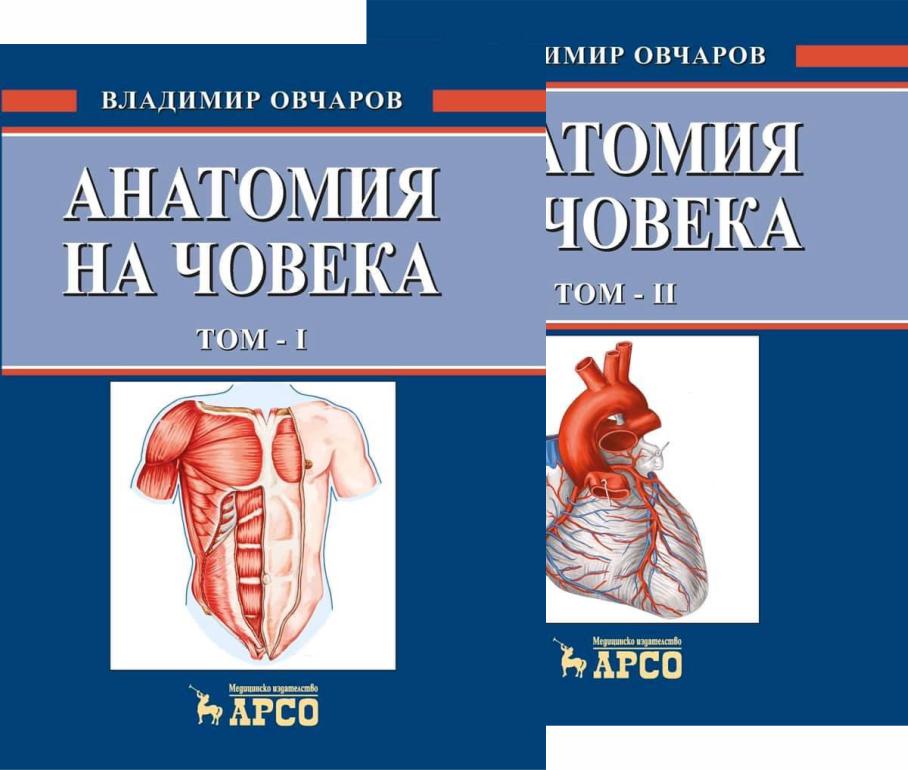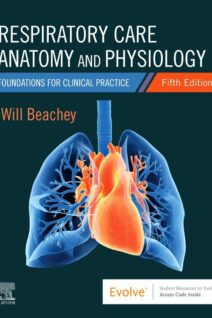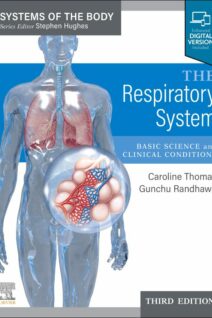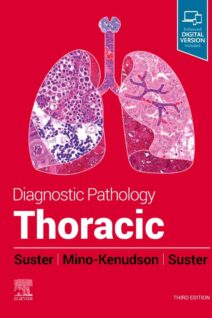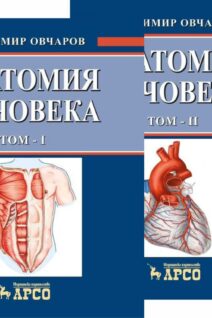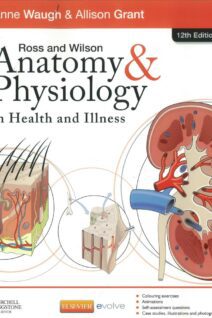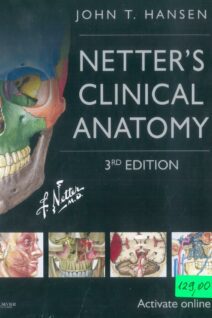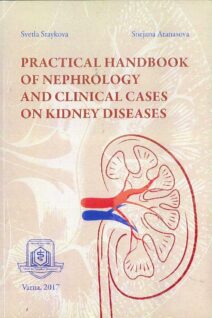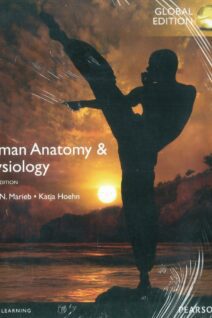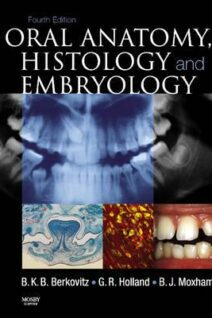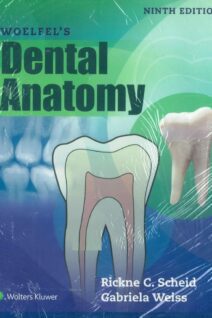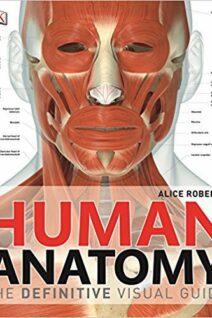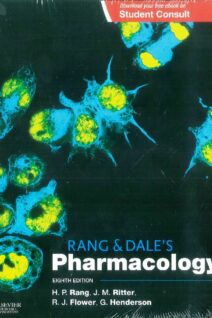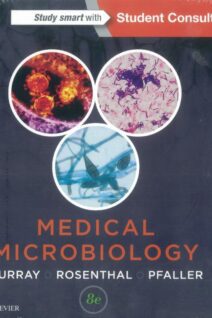Respiratory Care Anatomy and Physiology, 5th Edition
Cardiovascular and Pulmonary Physical…
Gain the solid foundation in A&P that you need to provide effective respiratory care! Respiratory Care Anatomy and Physiology, 5th Edition provides an in-depth understanding of the physiology and pathophysiology of the lungs, heart, vascular system, and kidneys.
It connects theory with practice, showing how physiological principles guide the selection and use of diagnostic, therapeutic, and monitoring procedures. New to this edition are clinical scenarios for issues such as vaping and the addiction pathway. Written by noted educator Will Beachey, this book uses a body systems approach and a unique clinical focus to help you think like a clinician and succeed as a respiratory care professional.
Netter’s Atlas of Anatomy…
- NEW! Clinical Focus scenarios are all revised and updated, and new scenarios are added on topics including the effects of electronic nicotine devices (vaping) on the lung, the addiction pathway and the counseling role of the respiratory therapist, pulse CO oximeter use at the bedside, non-invasive assessment of the oxygenation deficit (A-a O2 difference), early prone positioning of the non-intubated patient with COVID-19, and Transcatheter Aortic Valve Replacement (TAVR).
- NEW! Updated Physiological Basis for Oxygenation and Mechanical Ventilation Strategies chapter covers pathophysiology and supportive care of SARS-CoV-2 (COVID-19) ARDS and the concepts of stress, strain, driving pressure, and the mechanical power of ventilation as they relate to the prevention of ventilator-induced lung injury (VILI).
- NEW! Updated GINA 2020 asthma guidelines address the use of a long-acting beta agonist (LABA)-inhaled corticosteroid (ICS) combination in emergency rescue situations.
- NEW! Updated coverage of phrenic nerve stimulation examines the obtaining of transdiaphragmatic twitch pressure (Pditw) in the assessment of ventilatory fatigue.
- Clinical Focus boxes relate the material to real-life situations in health care, showing the practical importance of understanding physiological concepts.
- Concept Questions stimulate critical thinking in a clinical context with open-ended, self-assessment questions.
- Chapter outlines, learning objectives, key terms, and bulleted Points to Remember highlight the most important concepts and ideas in each chapter.
- Appendixes make it easy to locate symbols and abbreviations, units of measurement, equation derivations, and a Dubois body surface area chart.


